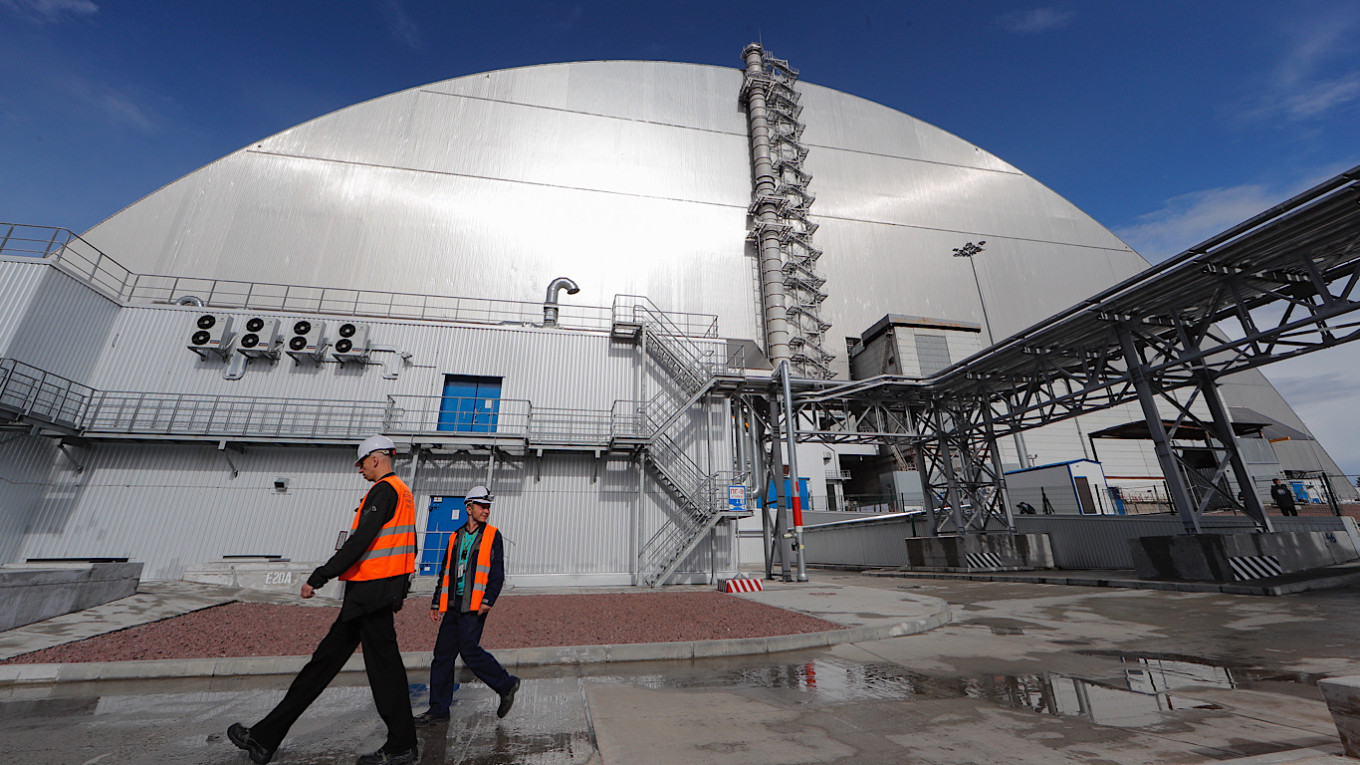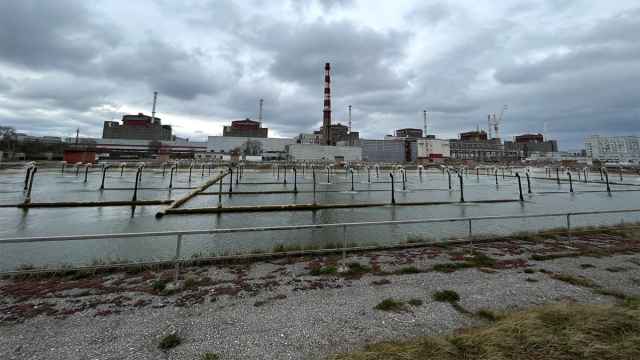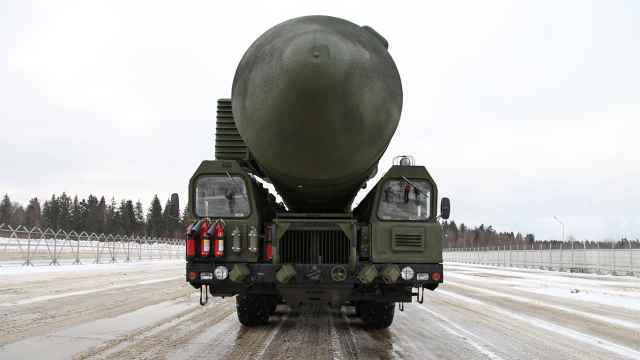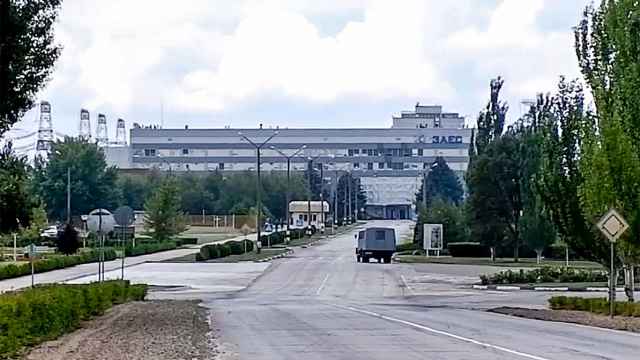The defunct Chernobyl nuclear plant was being supplied with power as normal on Thursday, Ukrainian officials told AFP, a day after President Volodymyr Zelensky sounded the alarm over a temporary power outage.
Zelensky said a confinement structure at the plant was cut off from power for more than three hours after a Russian strike on an energy substation in Slavutych, a village built for personnel evacuated after the 1986 disaster.
"Everything functions normally today," Ukraine's energy ministry told AFP on Thursday.
The Chernobyl zone administration told AFP that the plant's New Safe Confinement — a protective structure which covers both the exploded reactor unit and its original shelter to stop the release of radioactive material — was "operating in usual mode."
Russia's troops seized control of the site in northern Ukraine on the first day of their February 2022 invasion.
Ukraine's nuclear sites have suffered repeated Russian attacks throughout the war, raising fears about a possible nuclear disaster.
The 1986 explosion of reactor number four was the world's worst nuclear accident, exposing hundreds of thousands of people to elevated levels of radiation.
Zaporizhzhia off the grid
The Russian-occupied Zaporizhzhia nuclear plant has meanwhile been disconnected from the power grid since last Tuesday.
Both Russia and Ukraine have traded blame for causing that blackout.
The plant's six reactors, which before the war produced around a fifth of Ukraine's electricity, were shut down after Moscow took over.
But the site needs power to maintain the cooling and other safety systems that prevent the reactors from melting down and releasing radiation into the atmosphere.
Zelensky said Tuesday the situation there was "critical" and that one of the backup diesel generators had "malfunctioned."
The Moscow-installed operator said Wednesday that the situation there was "under control."
Since the start of the war, Zaporizhzhia has seen multiple safety threats, including frequent nearby shelling, repeated power cuts and staff shortages.
The site sits near the city of Enerhodar on the Dnieper River, the de facto front line in southern Ukraine.
A Message from The Moscow Times:
Dear readers,
We are facing unprecedented challenges. Russia's Prosecutor General's Office has designated The Moscow Times as an "undesirable" organization, criminalizing our work and putting our staff at risk of prosecution. This follows our earlier unjust labeling as a "foreign agent."
These actions are direct attempts to silence independent journalism in Russia. The authorities claim our work "discredits the decisions of the Russian leadership." We see things differently: we strive to provide accurate, unbiased reporting on Russia.
We, the journalists of The Moscow Times, refuse to be silenced. But to continue our work, we need your help.
Your support, no matter how small, makes a world of difference. If you can, please support us monthly starting from just $2. It's quick to set up, and every contribution makes a significant impact.
By supporting The Moscow Times, you're defending open, independent journalism in the face of repression. Thank you for standing with us.
Remind me later.






